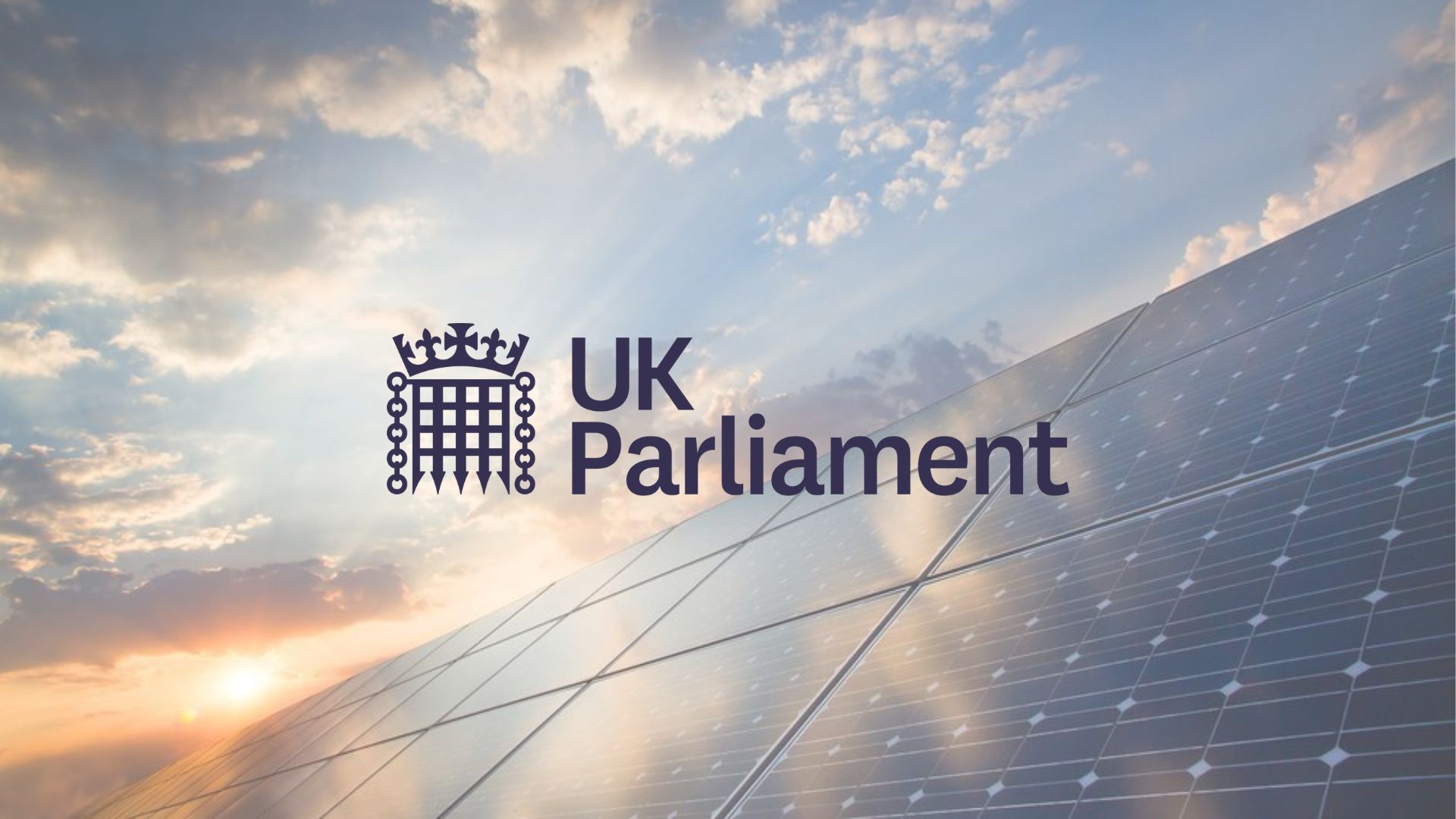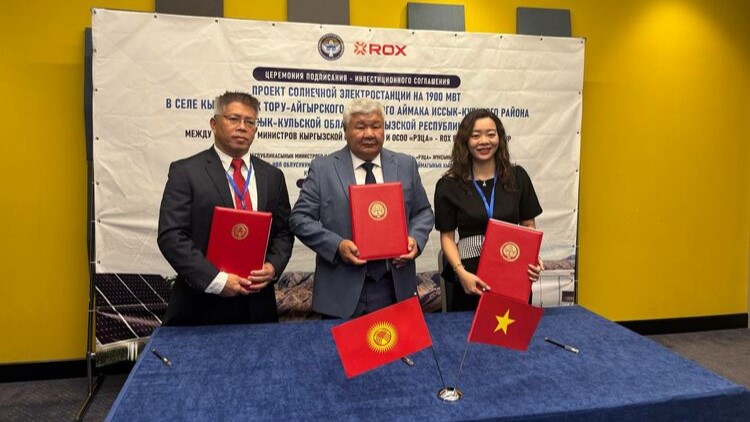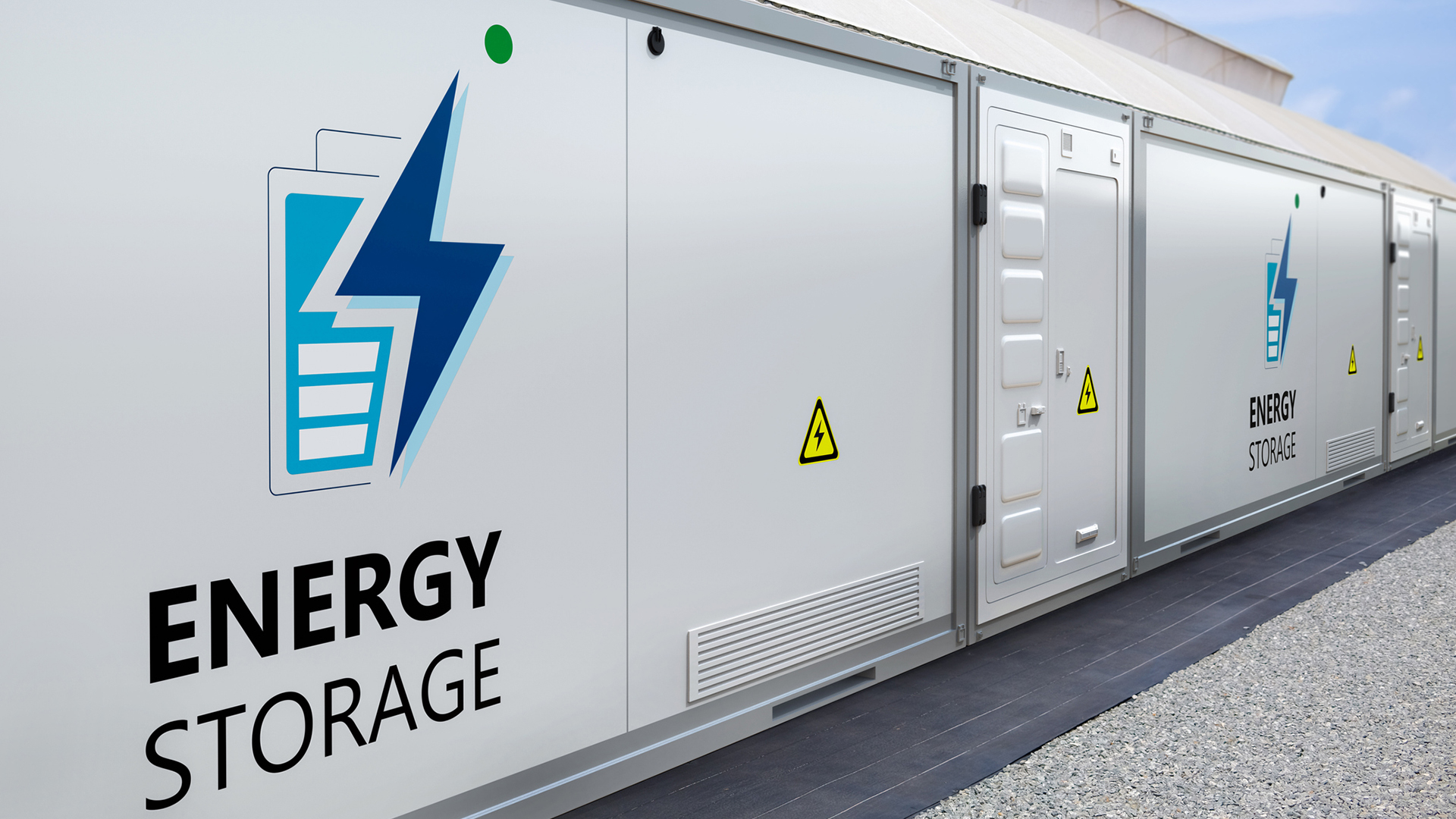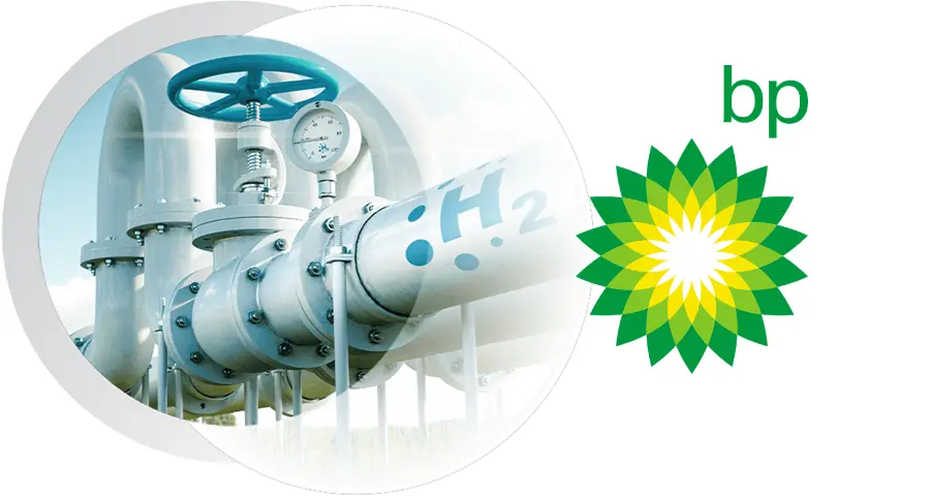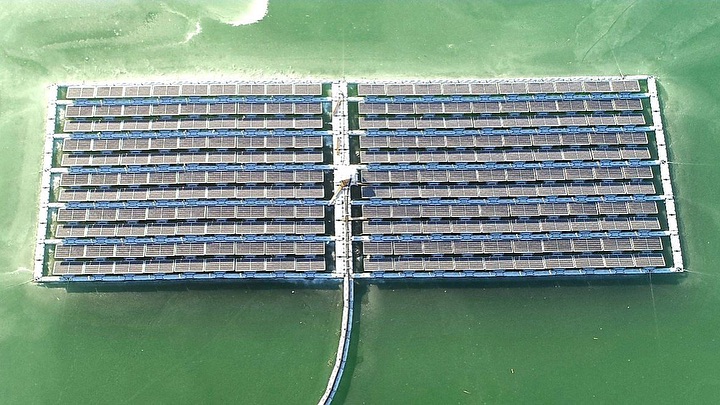The UK parliament’s committee on human rights has called for new legislation to tackle forced labor, including in solar supply chains.
Westminster’s Joint Committee on Human Rights (JCHR) wants to see mandatory due diligence requirements introduced for solar and said import bans should be established for goods linked to forced labor, “in line with the approach taken in the USA and EU.”
In a 105-page report following parliamentary hearings on forced labor, which covered sectors ranging from cotton and fish to critical minerals and solar, the JCHR argues solar panels have a “high risk of exposure” to alleged human rights violations, due to some locations in China where polysilicon is mined.
The committee argued the United Kingdom risks becoming a “dumping ground” for goods manufactured using forced labor and claimed current industry-led measures are insufficient.
Authored by a cross-party group of lawmakers from the House of Commons and House of Lords, the report highlights EU due diligence requirements and the US import ban on goods from Xinjiang, China, as examples of more robust forced labor policy. It argues existing UK legal and regulatory frameworks are “inadequate” for confronting “the complexity of abuses in global supply chains.” The UK government has two months to respond.
The Solar Stewardship Initiative (SSI) by SolarPower Europe and Solar Energy UK – an industry-led supply chain assurance program – comes under fire in the report, which claims industry self-regulation is not sufficient. The report notes that SSI certification applies to sites and not companies, meaning a company “could have a majority of uncertified sites, but still be included within the SSI membership.”
Publicly funded investment vehicle Great British Energy (GBE) was also subject to scrutiny. The report notes the JCHR was “encouraged” by government assurances that GBE will act on forced labor issues, but recommended the company and other public buyers ensure solar procurement decisions are made “on the basis of independent assessments” and do not rely solely on the SSI to provide assurances.
Solar Energy UK said it was disappointed with how the SSI and the UK solar industry are portrayed in the report. In a statement, the trade association said it agreed public buyers should use independent assessments and noted “this service is provided by SSI,” adding “there is no evidence of forced labor in the supply chain for Great British Energy.”
“This is about leadership,” said Chris Hewett, chief executive of Solar Energy UK. “We’re building a UK clean energy system that is ethical, transparent and globally respected.”
Great British Energy welcomed the report. Rob Gilbert, director of supply chain at GBE, said that as the United Kingdom’s public energy business “we have to ensure our projects and supply chains are free from unethical practices.”
A UK government spokesperson said: “No company in the UK should have forced labor in its supply chains, and we expect businesses to do everything in their power to remove any instances of this.
“We have launched a review into the UK's approach to responsible business conduct as part of our Trade Strategy, including tackling forced labor, and we will consider the Joint Committee on Human Rights’ recommendations.”


